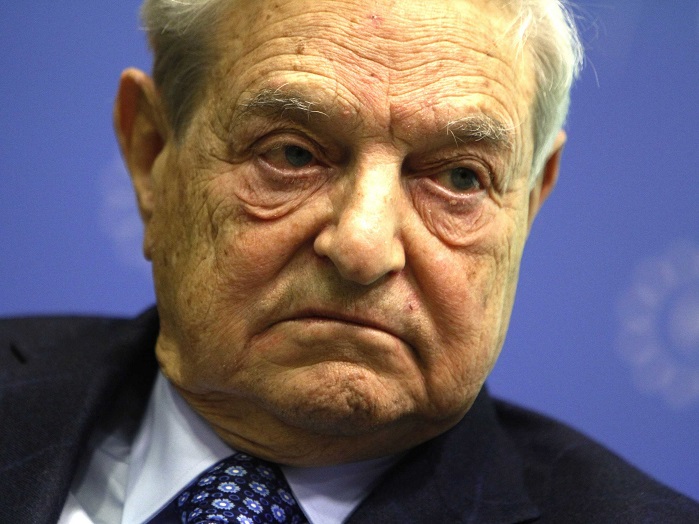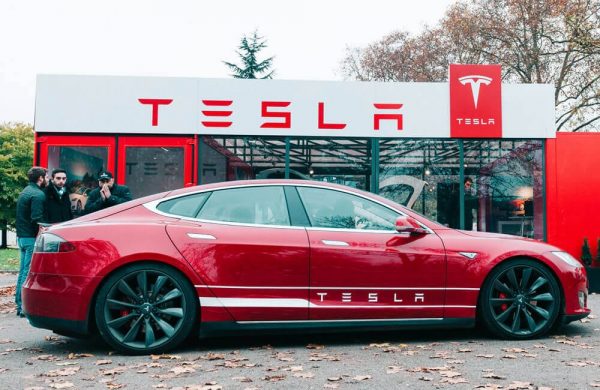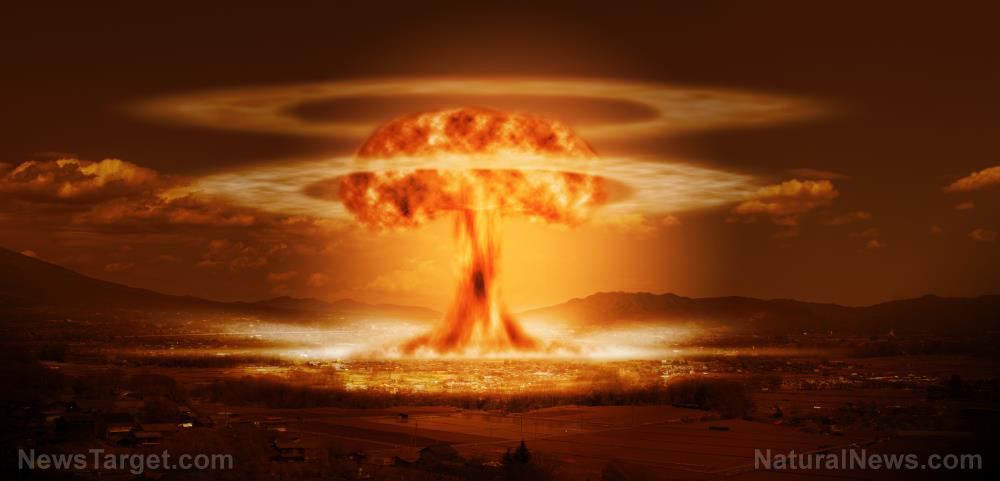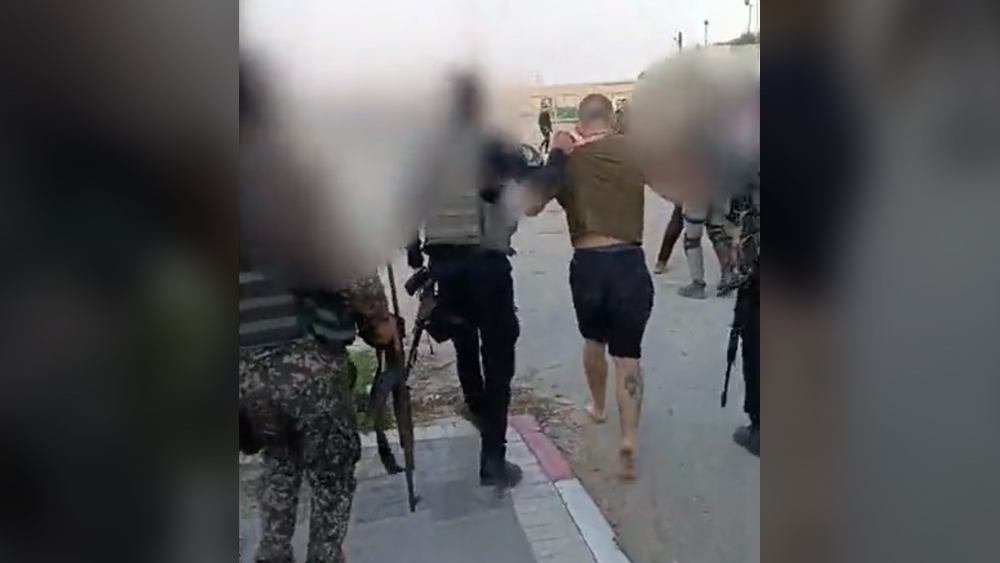 Parler
Parler Gab
Gab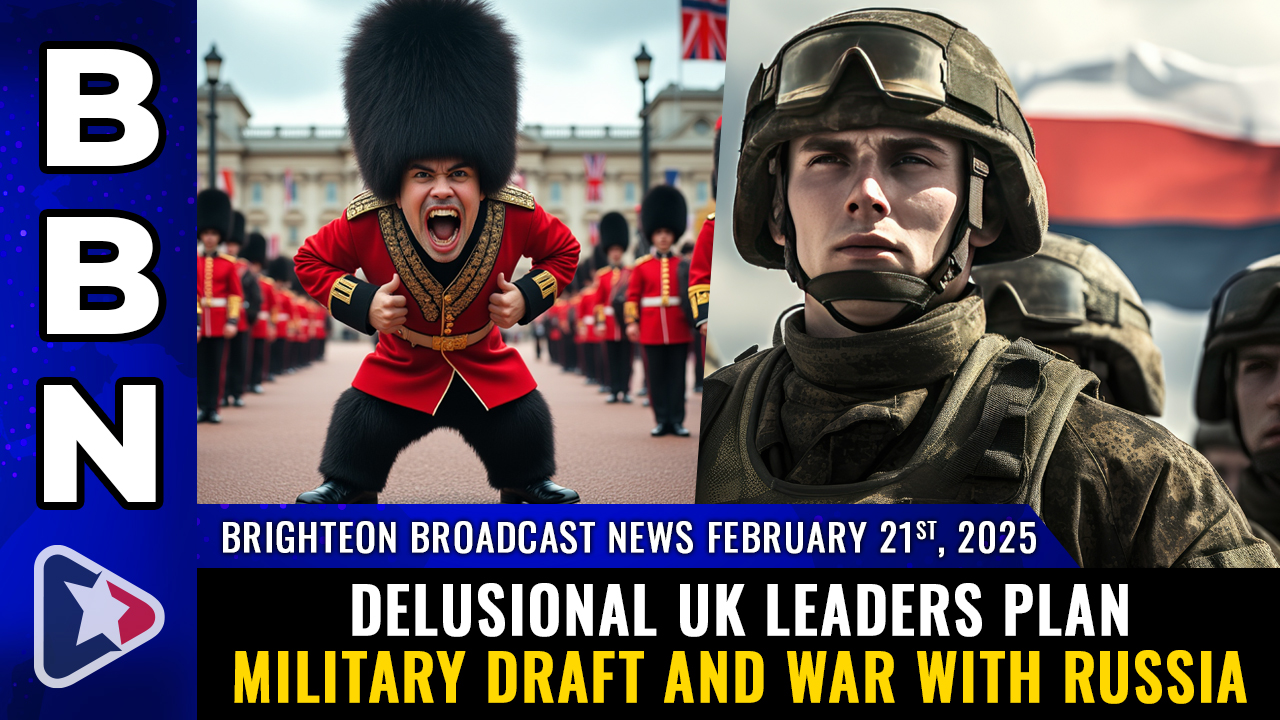
- UK officials propose a military draft to counter potential conflict with Russia, offering incentives like free education and mortgage assistance to recruits.
- Critics, including American commentator Mike Adams, label the plan impractical and disastrous, highlighting Britain’s limited military capabilities compared to Russia’s overwhelming strength.
- The proposal is viewed more as a symbolic act of defiance than a viable military strategy, reflecting the UK’s recent military challenges and shortcomings.
- Public and expert reactions are mixed, with critics arguing the UK should focus on diplomacy, economic sanctions, and strengthening NATO alliances instead of a risky draft.
- The draft highlights broader issues in UK foreign policy, potentially escalating tensions with Russia and raising questions about the nation’s military preparedness and international relations.
The State of the British Military
The UK's military has faced significant challenges in recent years, with issues ranging from budget cuts to equipment failures. The Royal Navy's flagship, the HMS Queen Elizabeth, has been marred by technical problems, and the British Army lacks modern artillery and armored vehicles. The Royal Air Force, while still capable, is significantly smaller and less equipped compared to its Russian counterpart. These shortcomings highlight the impracticality of the draft proposal in terms of preparedness and effectiveness.Historical Context and Contemporary Relevance
The UK's decision to consider a military draft evokes memories of past conflicts and the nation's historical role as a global power. However, the current geopolitical landscape and the nature of modern warfare make such a move seem anachronistic. The Russian military, bolstered by advanced technology and extensive combat experience in Syria and Ukraine, presents a formidable opponent. The idea of sending a poorly equipped and inadequately trained British force into battle seems more like a recipe for disaster than a serious military strategy.Public and Expert Reactions
Public reaction to the proposal has been mixed. While some see it as a necessary step to bolster national security, others view it as a desperate and ill-conceived move. Experts in military strategy and international relations have also criticized the plan, pointing out that the UK should focus on diplomacy, economic sanctions, and alliances with NATO rather than embarking on a costly and potentially catastrophic military adventure.The Bigger Picture
The proposal also raises questions about the UK's broader foreign policy and its relationship with other global powers, particularly the United States and Russia. The UK's decision to align more closely with the US and take a hard stance against Russia could further escalate tensions in an already volatile international environment. Critics argue that this aggressive posturing could backfire, leading to unintended consequences and potentially drawing the UK into a conflict it is ill-prepared to handle. While the UK's leaders may see the military draft as a necessary step to demonstrate resolve, the proposal appears to be more symbolic than strategic. The UK's limited military capabilities and the overwhelming strength of the Russian armed forces make a direct conflict highly unlikely to succeed. Instead, the focus should be on diplomatic solutions, strengthening alliances, and investing in modernizing the UK's military to ensure it is better prepared for the challenges of the 21st century. Watch this Feb. 21 episode of "Brighteon Broadcast News" as Mike Adams, the Health Ranger, talks about Delusional UK leaders plan military draft and war with Russia. This video is from the Health Ranger Report channel on Brighteon.com.More related stories:
No new wars: Trump to CUT military spending, work with Russia and China on denuclearization European leaders ‘horrified’ after JD Vance rips their censorship laws and mass immigration policies at Munich security conference Crypto advocate challenges UK tax system to stop funding war crimes Sources include: Brighteon.com NYTimes.comWorld War III is still on the table: Europe wants boots on the ground in Ukraine
By News Editors // Share
Hamas hands over hostages’ bodies as fragile Gaza truce nears end
By Cassie B. // Share
Trump and Zelensky to sign minerals deal as U.S. seeks to recoup Ukraine aid
By Cassie B. // Share
Governments continue to obscure COVID-19 vaccine data amid rising concerns over excess deaths
By patricklewis // Share
Tech giant Microsoft backs EXTINCTION with its support of carbon capture programs
By ramontomeydw // Share
Germany to resume arms exports to Israel despite repeated ceasefire violations
By isabelle // Share
